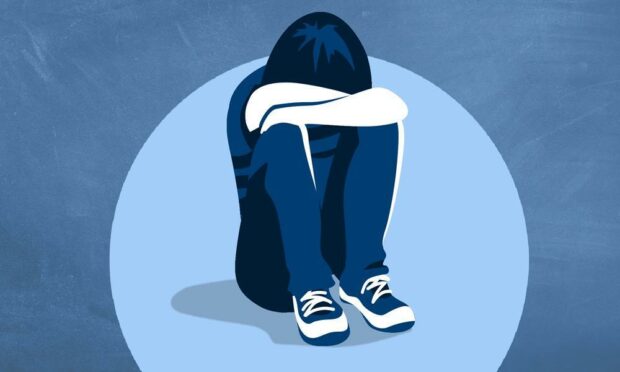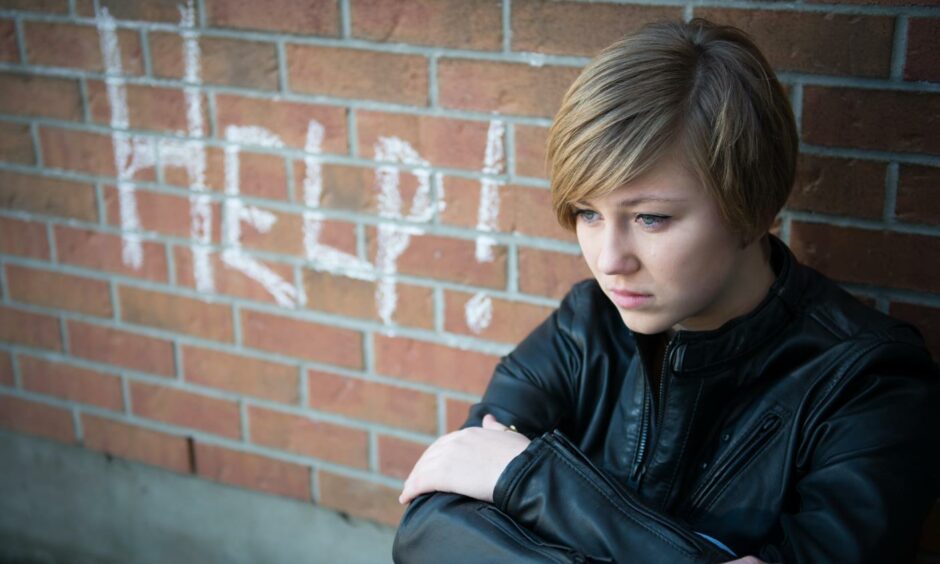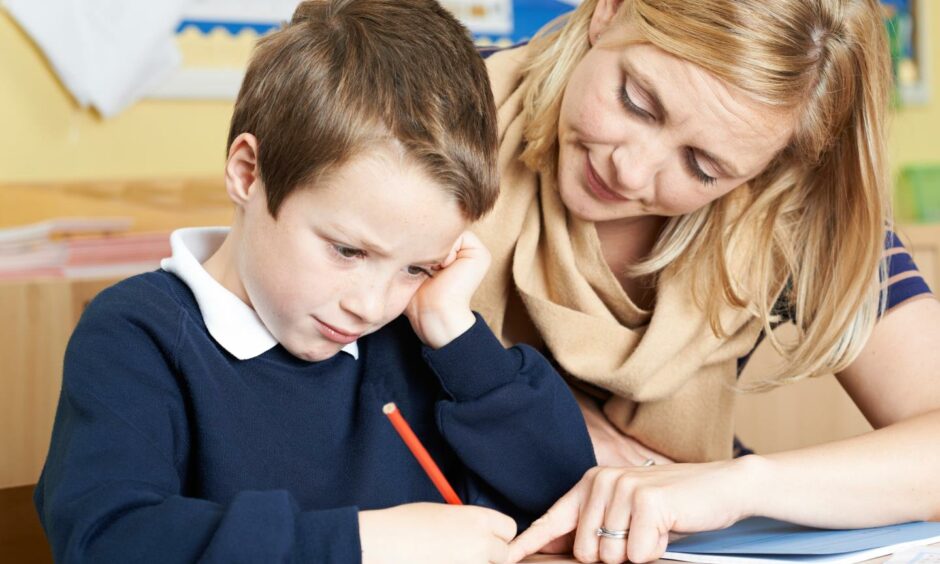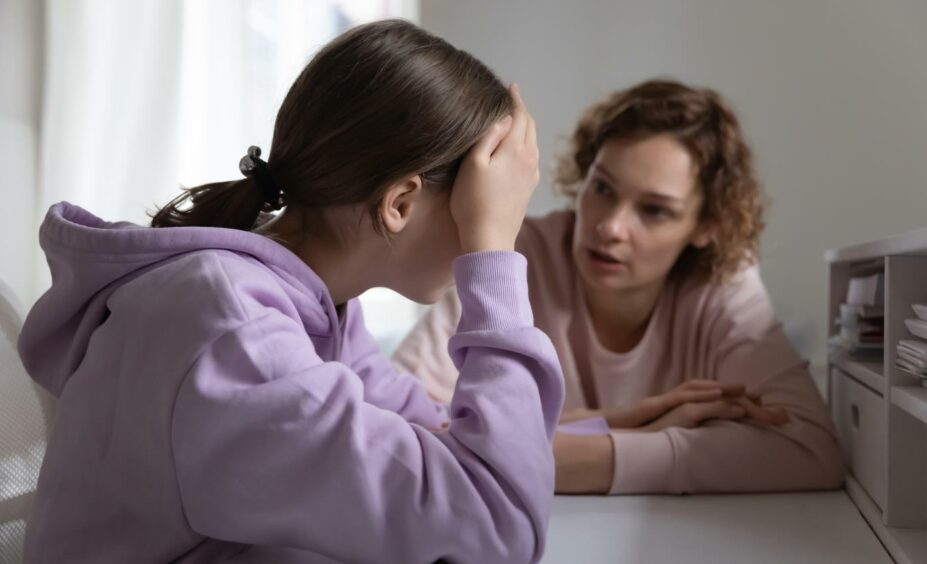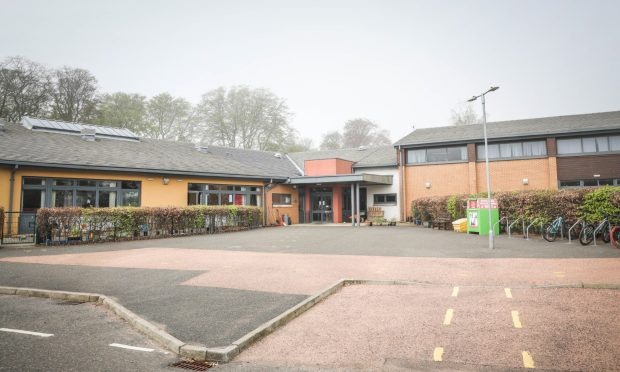Bullying is often shrugged off as a ‘normal’ part of school life. But the effects of bullying on children can be devastating.
In the short term it can impact on victims’ schooling and social life.
However, it can also have a lifelong impact on victims’ mental health and how they view themselves, others and their education and future.
And it can impact the whole family as they struggle with supporting their child or sibling through the trauma.
The effects of bullying on children
Experts suggest that those who have been bullied are more likely to suffer from depression, low self-esteem and loneliness.
Here we outline some of the short and long term effects of bullying.
1. Mental health
Bullied young people are more likely to suffer from a range of mental health concerns including depression and anxiety.
Bullies may focus on things that the child is already insecure about – their appearance or body image – which can heighten these concerns and lead to more serious mental health problems such as eating disorders or self-harm.
These issues may be hard for the young person to shake, even when the bullying stops and the mental health worries could stick with the child throughout their adult life.
And the Anti-Bullying Alliance suggests that bullying which occurs over a long period of time can significantly increase the impact bullying has on the victim.
2. Education
The effects of bullying on children may mean a struggle to focus on their school work, and grades could suffer as a result.
They are also more likely to avoid going to school or miss certain classes if they are worried about coming face-to-face with their tormentors.
As their self-esteem is impacted by the bullying, so too could their belief in their ability to complete projects or assignments and it may result in them not handing in work on time, or doing it to the best of their ability.
3. Friendships
Relationships can be impacted by bullying in various ways, for example, friends may even join in the bullying against you to protect themselves.
It can lead to trust issues for children as they struggle to know who their real friends are and who they can trust.
People who are bullied are more likely to have a hard time making friends or maintaining friendships or relationships.
Their self-worth could be so low that they may not think they are worthy of the lasting friendships.
4. Family life
When a child is being bullied, it can impact the whole family, including parents and siblings.
The child experiencing bullying may take their frustrations out on those who they feel comfortable around – often family.
And family members may struggle to understand why their child is being bullied and how to help them through the ordeal.
Anyone who witnesses bullying should report the incidents to a relevant authority, such as teachers, police or parents.
Scotland’s anti-bullying service RespectMe offers guidance for young people who are experiencing bullying and their parents and teachers.
If you feel like the bullying you witnessed at school or online was a hate crime, you can also report it to Police Scotland via 101.
Childline support young people with any worries they may experience, including mental health and bullying.
They can be contacted confidentially on 0800 11 11 or use their free 1-2-1 counselling service.
Read more from our bullying series
- ‘Mummy I just want to die’: Devastating words of Fife girl, 7, after years of bullying
- Bullying in schools: Our survey reveals 9 in 10 parents do not think schools can effectively tackle it
- Bullying advice: How to help children who are being bullied
- Types of bullying: What is classed as physical, sexual and prejudicial bullying?
- OPINION: School bullying ruined by life – and schools need to take it more seriously
- Autistic Angus teen terrified to go to school after pupil threatens to ‘kill him’
- How to report bullying to school and the police
